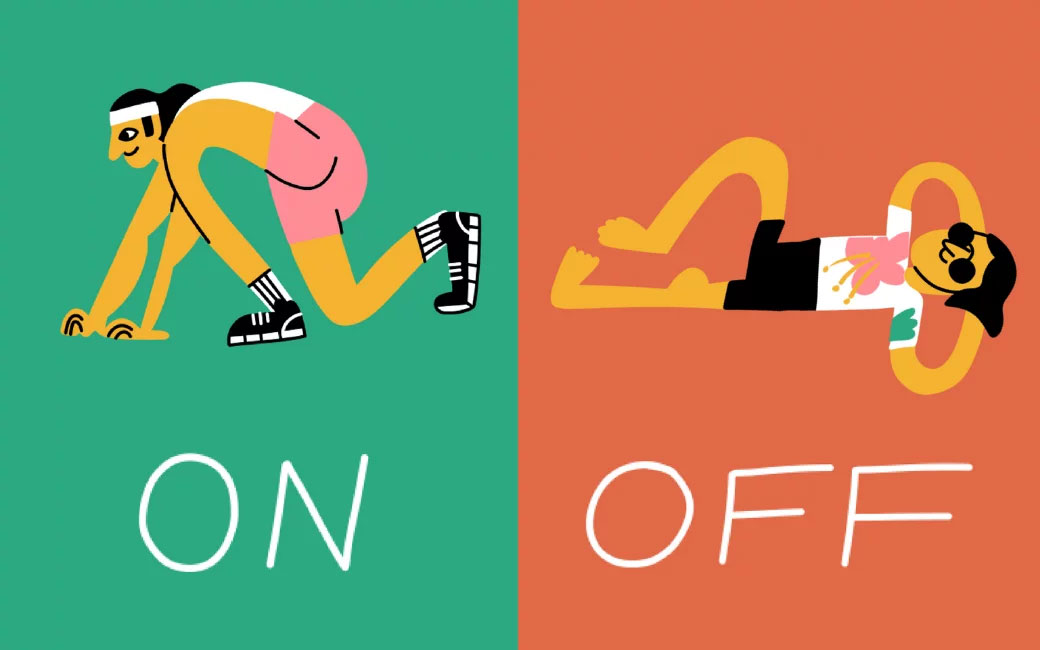stress
Can we break the anxiety habit?
Writer and therapist Owen O’Kane believes we have become addicted to feeling anxious. Here, he explains how he learned to manage his fears

How to Turn Off Harmful Stress Like a Switch
Stress comes from anxiety about future problems and the lack of control over them. This article introduces a few surprising techniques to handle stress.

The German clinics for burnt-out parents
Germany has a long tradition of health retreats for struggling parents. Do they make a difference?

Beware a Culture of Busyness
Once upon a time, leisure was a sign of prestige. Today that idea has been turned on its head, and busyness is the new status symbol. Busy people are considered important and impressive, and employees are rewarded for showing how “hard” they’re working. Such thinking is misguided. It can cause organizations to overload their employees, base their incentives on the amount of time they put in, and excessively monitor their activities, all of which undermine productivity and efficiency, research shows. Meanwhile, reducing work to manageable levels can actually enhance them. This article explores both the downsides of busyness (employee turnover, reduced engagement, absenteeism, and impaired health) and the reasons for our obsession with it. It’s partly human nature: The harder we work to achieve something, the more we value it; most of us hate being idle; and we think customers like to see us busy. The authors also present strategies for breaking away from this fixation: Reward output, not activity. Eliminate low-value work to make time for “deep work.” Force people off the clock, and allow time for their minds to wander creatively. Model the right behavior, and build slack into your systems. Activity is not achievement, and the sooner companies recognize that, the better off they and their employees will be.

How to feel less stressed | Psyche Guides
Everyone handles stress differently. The ‘4Ds’ approach is about helping you find the coping strategies that work for you

5 Tactics to Combat a Culture of False Urgency at Work
The headwinds of false urgency can be intense. But they also foster a reactive culture. If everything is urgent, there’s little opportunity for creative and deep work, which tends to flourish only when there’s time and space. In this article, the author offers tips that will help you focus on what’s truly urgent in your organization and enable your team to deliver strong results and sustain high performance over time.





